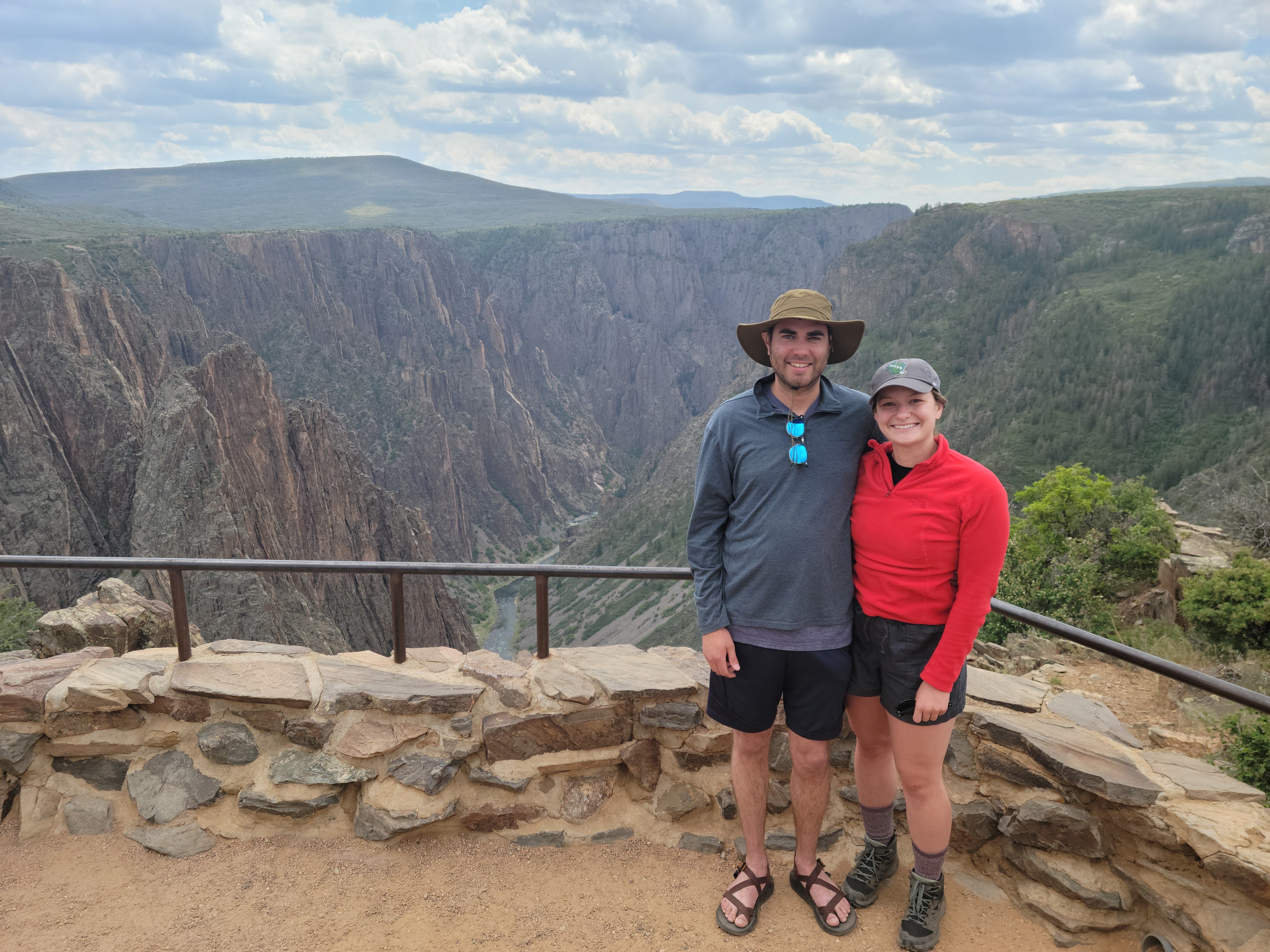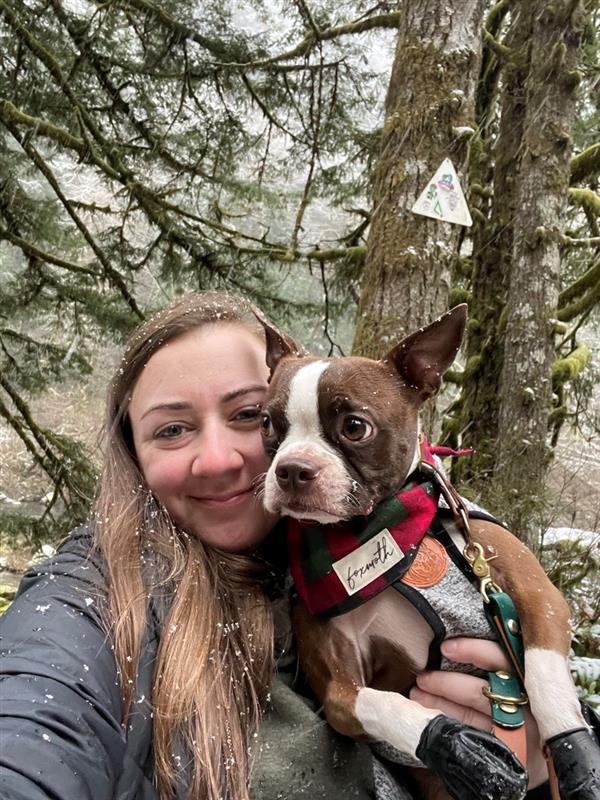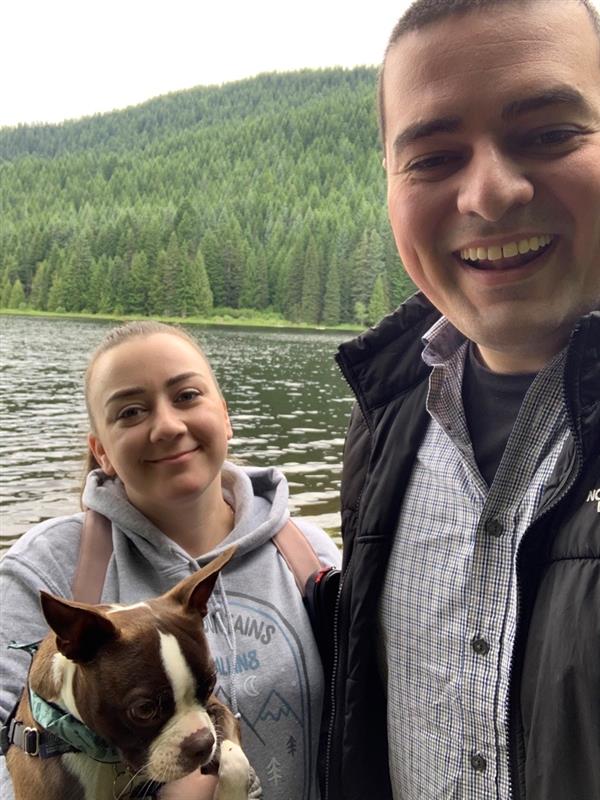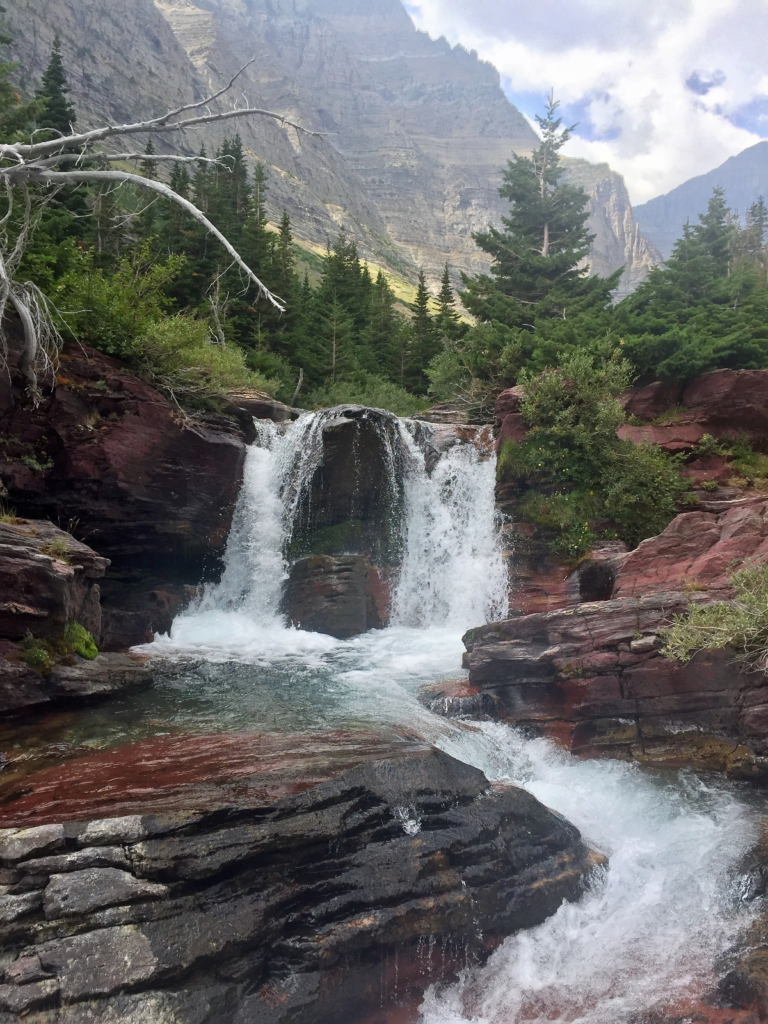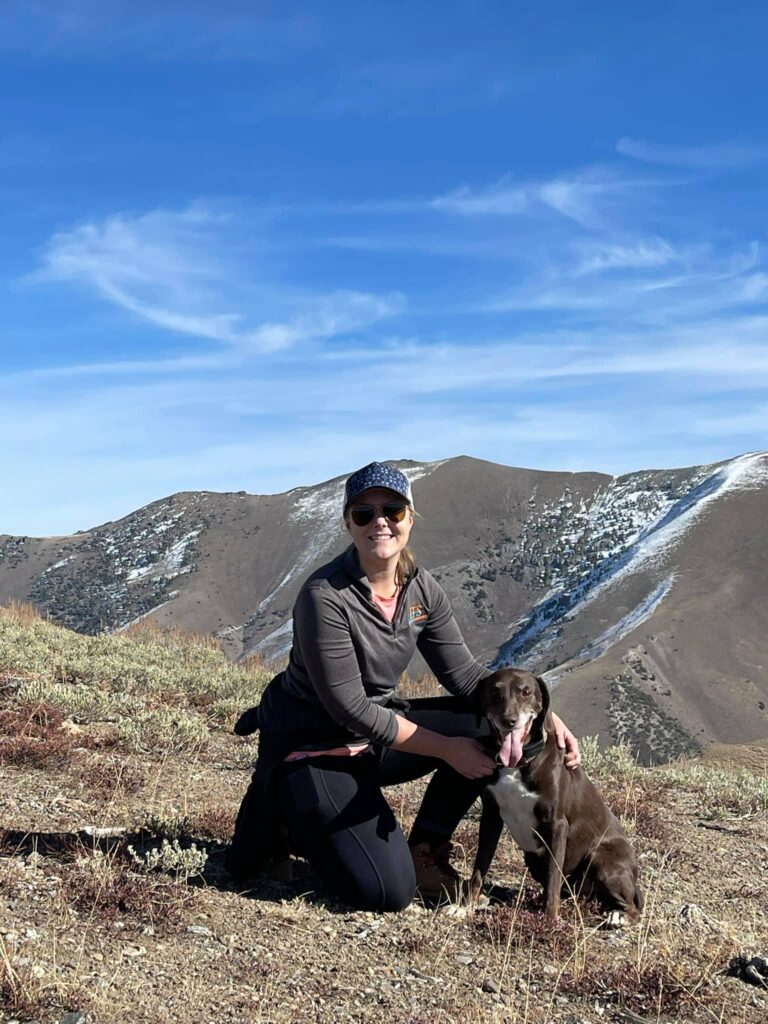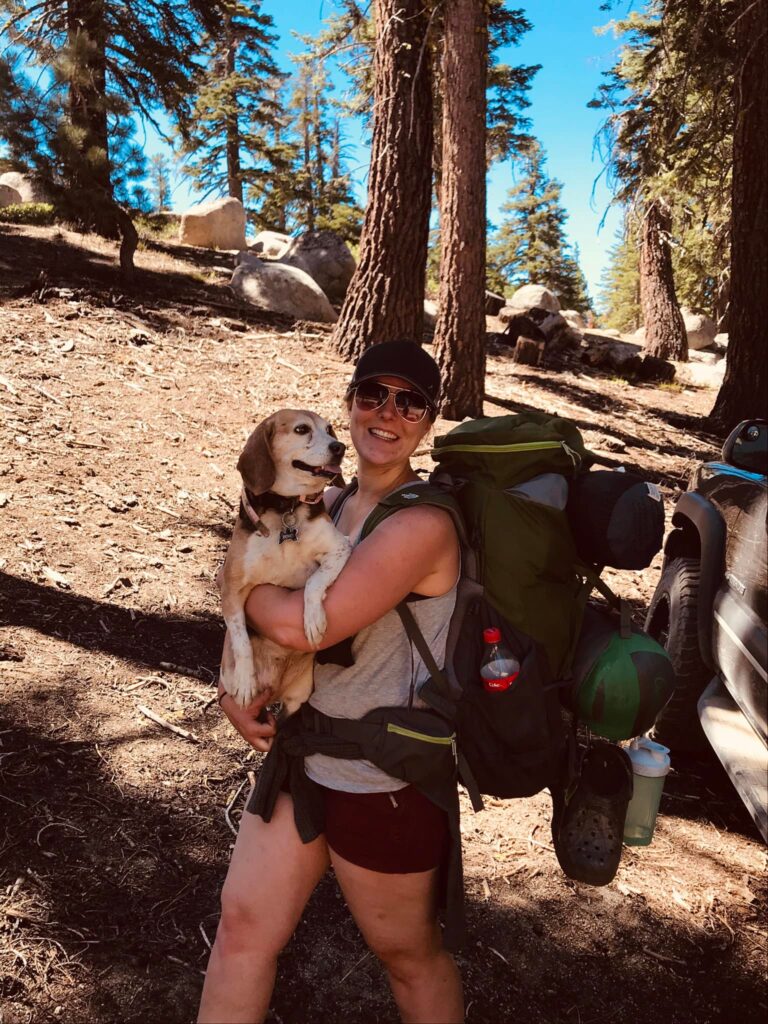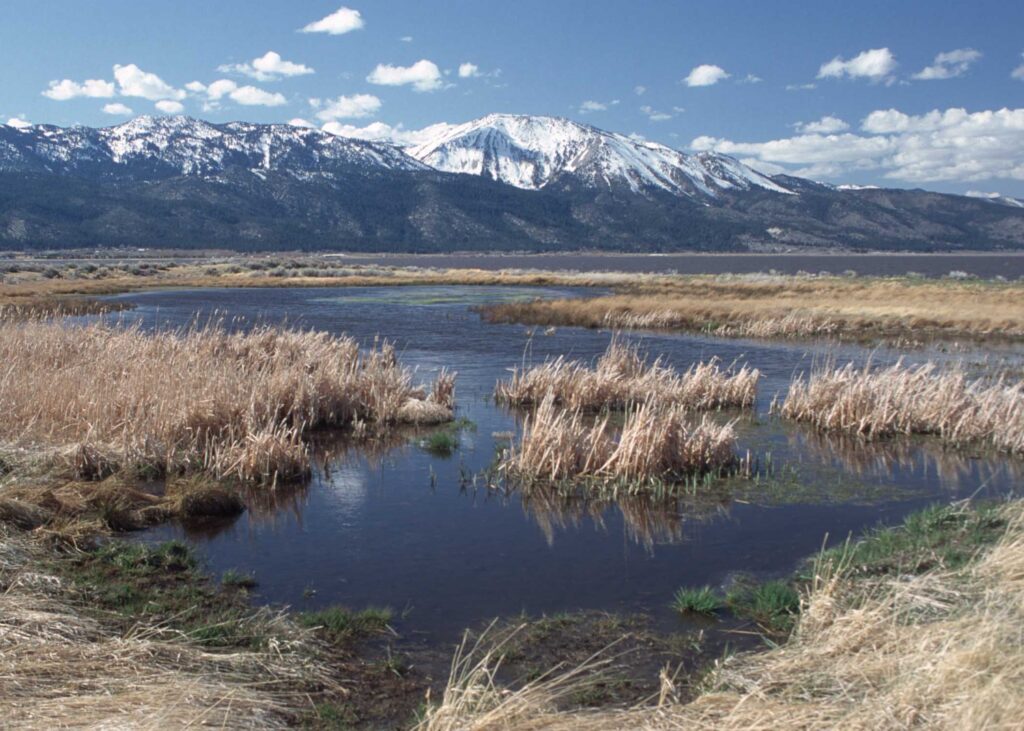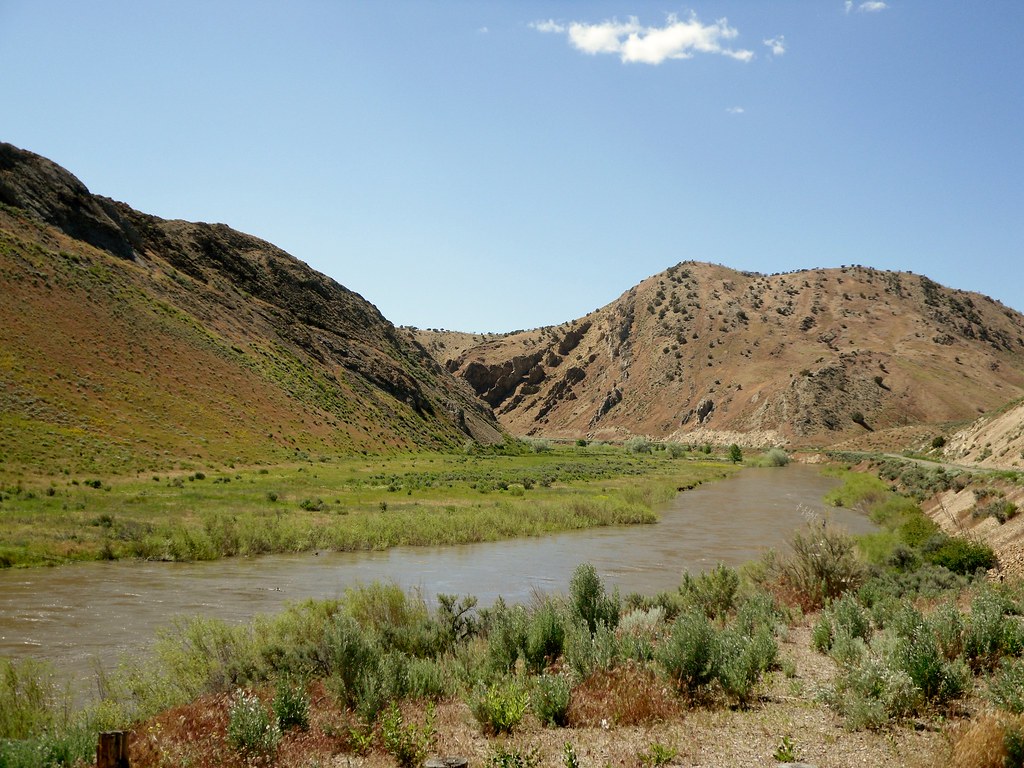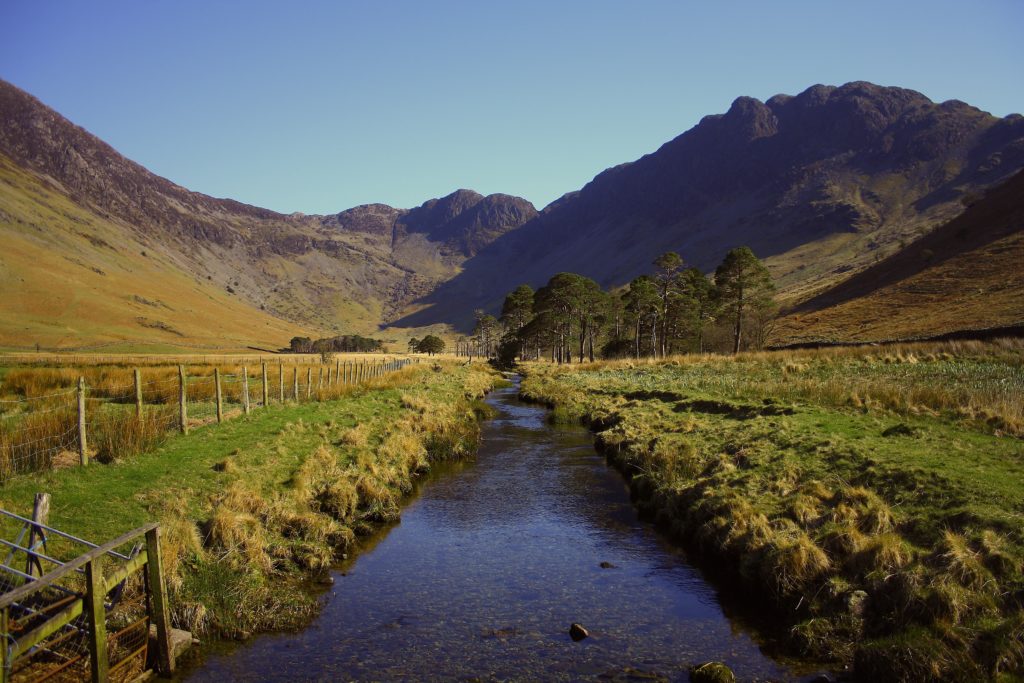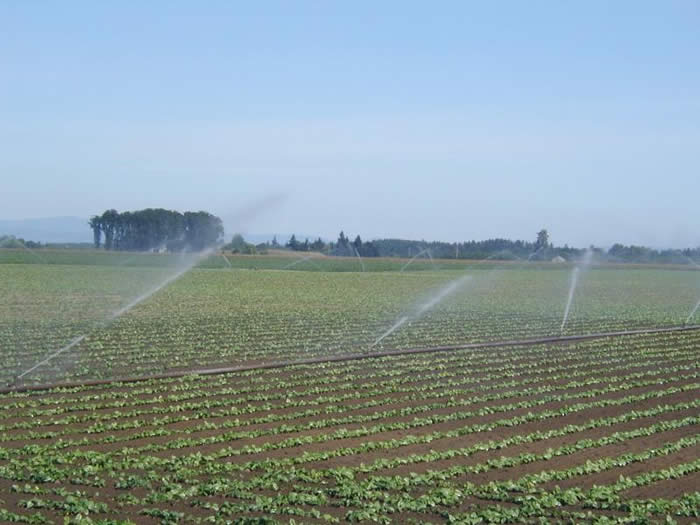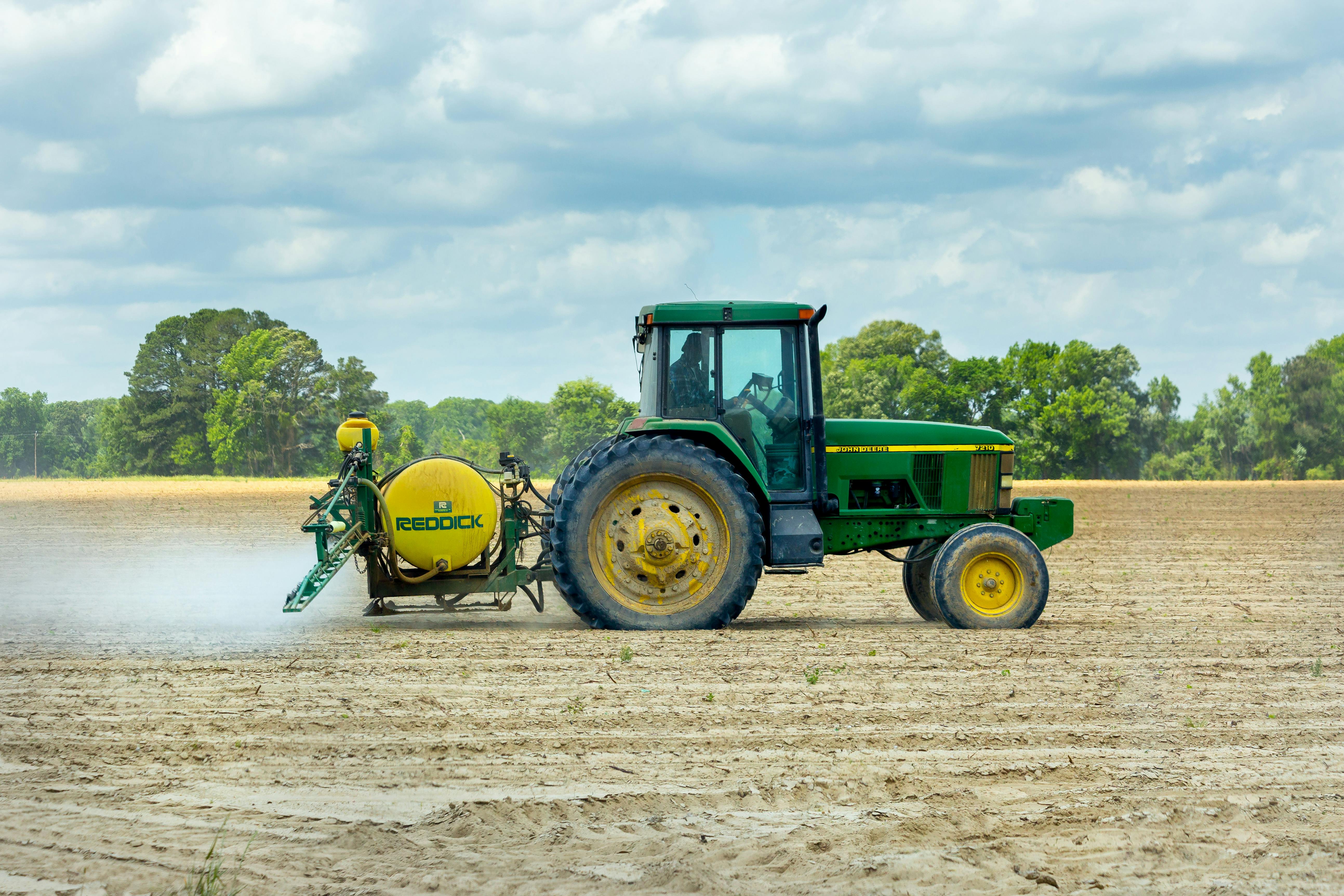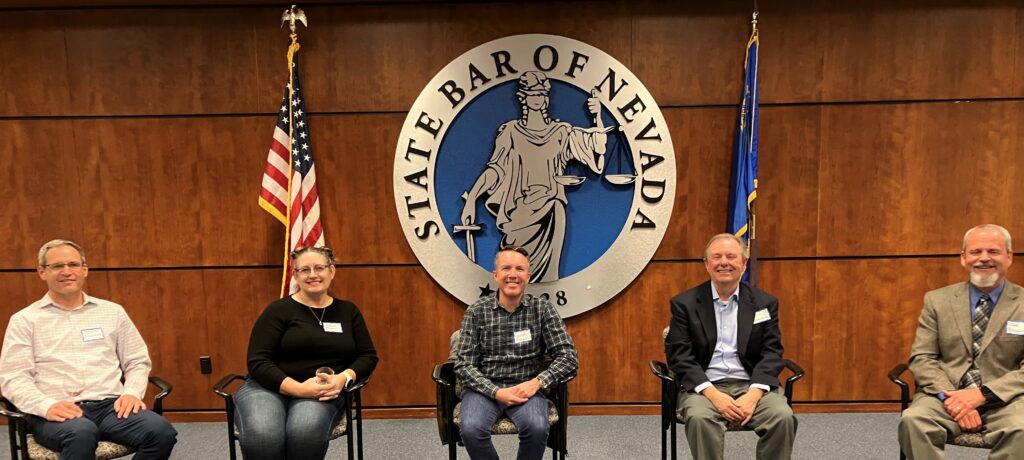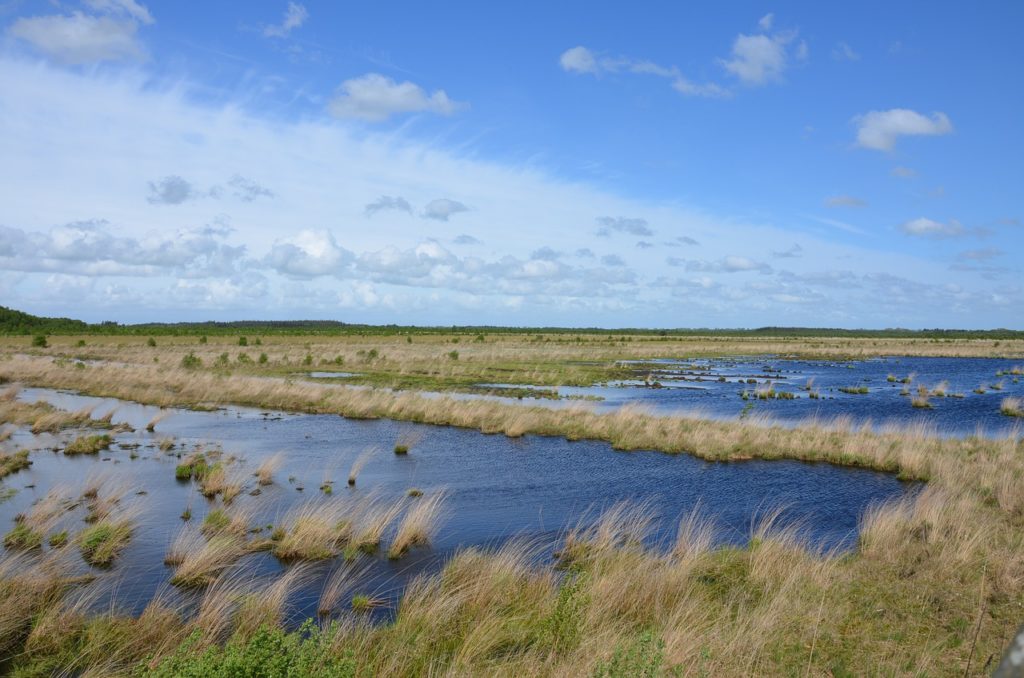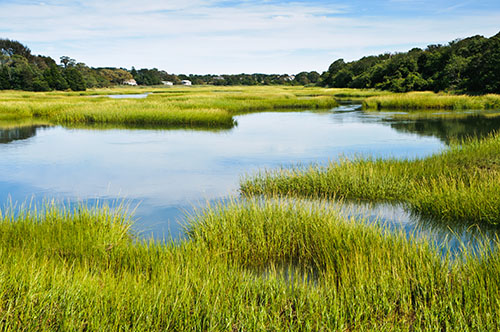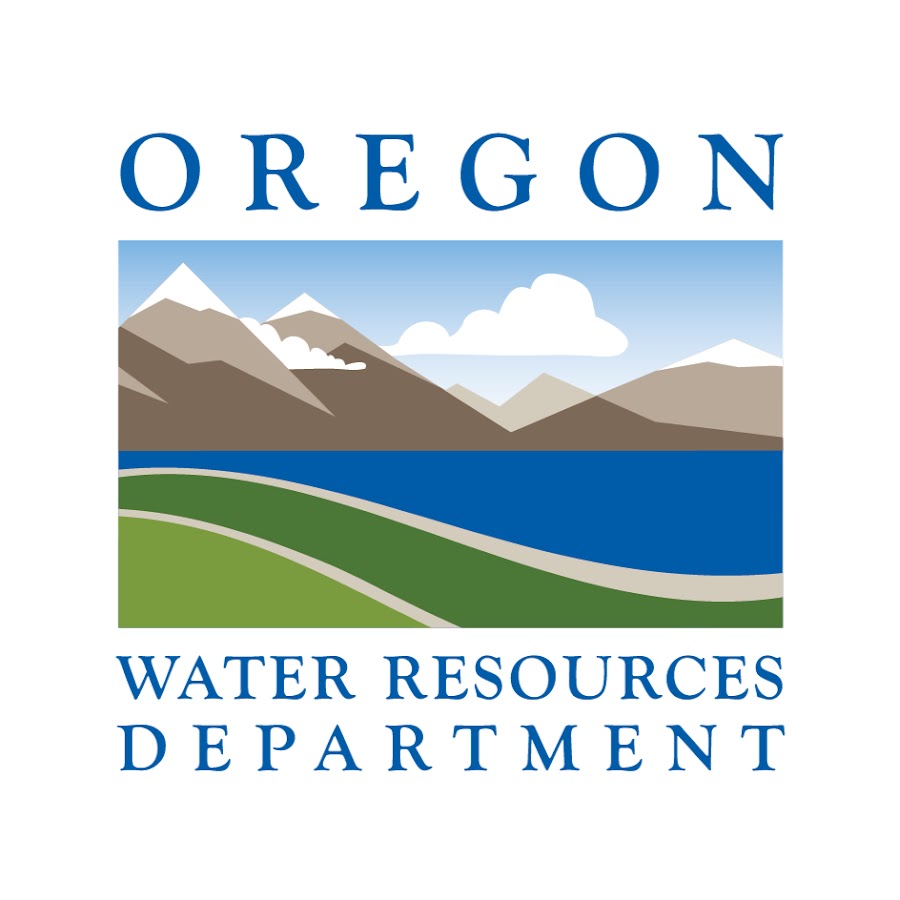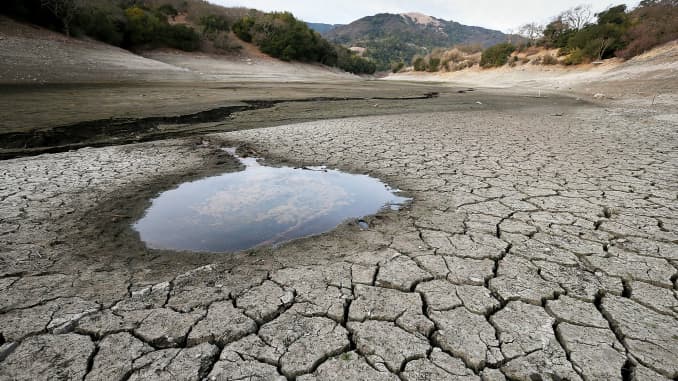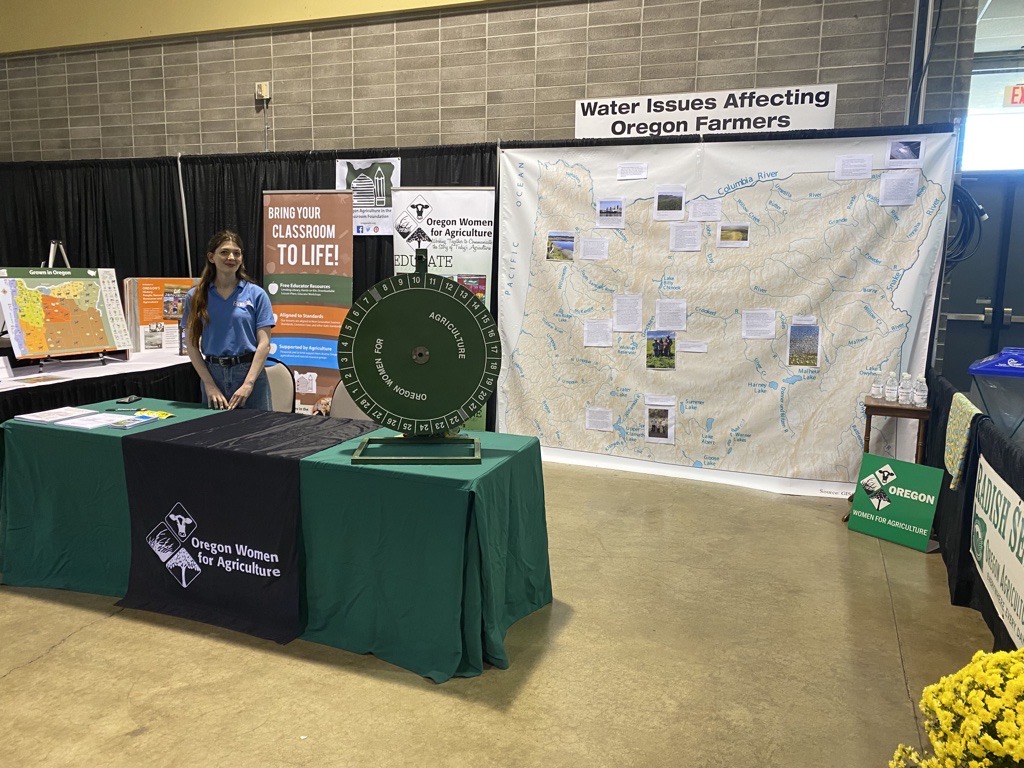Training for Nevada Water Judges

Is Specialized Training for Nevada Water Judges Working?
Most agree that the Nevada Supreme Court’s initiative to provide specialized training for Nevada water judges was a significant step towards improving the adjudication of water law cases in the state. However, the jury is still out when it comes to determining the overall success of the program. This initiative, launched as a pilot program in January 2024, aims to enhance the expertise of district court judges in handling complex water law issues.
Pilot Program for Training Nevada Water Judges
The Water Judges Pilot Program follows extensive research and recommendations by the Commission to Study the Adjudication of Water Law Cases. The program mandates that the 15 judges who have completed the specialized training, preside over water law cases. This training is designed to cover key topics in water law and technical issues, ensuring that judges are well-equipped to handle the intricacies of these cases.
The certification process involves judges submitting an application and completing a training program. Supreme Court Rule 18, which outlines the criteria for water law cases and the assignment process. governs the program. Nevada looks to the Dividing the Waters[2] program at the National Judicial College for curriculum and will require these Nevad water judges to undergo continued legal education. So far the program has not heard many cases, suspecting the reprieve in drought and abundant water supply in the last few years as correlating with the reduced number in cases coming before court. However, the program will likely reconvene at the end of the three-year pilot time period to review the statistics to assess the success of the program.
Justice Parraguirre’s Insights at the NWRA Conference
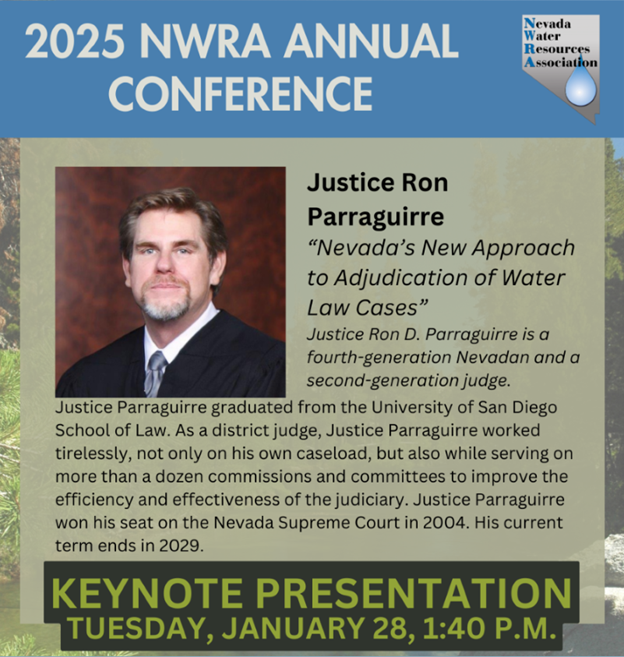
At the recent Nevada Water Resources Association (NWRA) conference, Justice Ron Parraguirre of the Nevada Supreme Court delivered a keynote presentation highlighting the progress and challenges of the pilot program for Nevada water judges. Justice Parraguirre emphasized the importance of specialized training in ensuring efficient and consistent administration of water law cases. Justice Parraguirre also discussed the ongoing efforts to refine the training curriculum based on feedback from Judges and stakeholders. Currently, the program is aimed at NRS Chapter 533 use in management of water use, regulating and understanding surface water and groundwater connections, water rights adjudications, and understanding vested and subordinate water rights, among others.
Justice Parraguirre’s presentation underscored efforts in the judiciary and at NWRA in addressing water law and technical issues. He praised the NWRA for its role in providing valuable resources and training opportunities for all water professionals. Justice Parraguirre advised that the one thing water experts can do better is teach! Being able to break down concepts and teach those in the court room is key to the successful and consistent administration of water cases.
For more on Nevada Water Law see Nevada Archives – Schroeder Law Offices, PC



